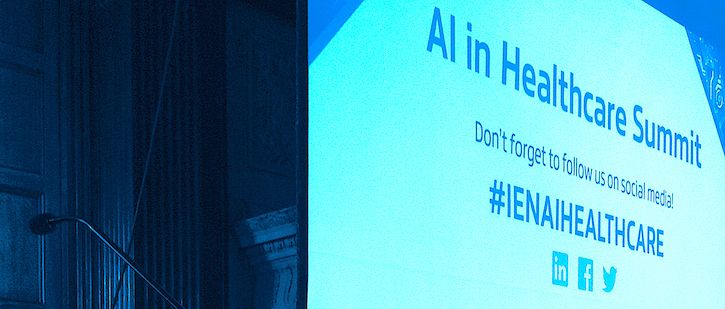Hospitals Must Prioritize Culture and Costs Over Gadgets and Hype
Sameer Badlani, MD, says he'd love to be replaced by AI. He's tired. But that won't happen any time soon.

“We love hype in healthcare,” Sameer Badlani, MD said, joking that he’d actually love to be replaced by artificial intelligence (AI) because he works 80 hours per week and was quite tired.
Hype can distract healthcare organizations from actionable goals, the chief health information officer of Sutter Health said. He kept the jokes rolling: many health systems will hire a “VP of disruption” and a “director of shiny new things” before they find a manager of business results.
Instead of jumping at the most “disruptive” new technologies, Badlani was adamant that hospitals first evaluate their needs.
“If you, as an executive, do not have a very clear idea about the ‘why,’ don’t start worrying about AI or which stack you want to use,” he said.
To get there, it is important to understand 2 things: culture and incentives. If the culture isn’t conducive to change, and isn’t calling for it, new tech adoption will not work. If it doesn’t know how to change correctly, it also won’t work.
He spoke of a presentation he witnessed in a meeting with major consulting firms, where the presenter’s laptop was controlled by a “minion” that had to be prompted to change each slide. He joked to the organizer that it slightly bothered him. The next day, they proudly showed him that they had a presentation clicker, but it was still controlled by the minion down the way rather than the presenter. That, to him, was a business culture that missed the point.
Unlike so many terms in healthcare, Badlani said, social psychology and behavioral economics are not buzzwords. They’re the basic tenants of human and group think, and they can be dangerous. He told the crowd at the AI in Healthcare Summit to look no further than the anti-vaccine movement: Thousands of people trusted Jenny McCarthy over the CDC, and preventable disease rates are on the rise.
“Realize that groupthink and behavioral psychology act on all of us,” he said. Many psychology graduates are hired by retail firms so they can get an ideal understanding of how to sell things to people. Healthcare could take a cue on learning how to better understand what physicians and patients want in order to get them the right technology.
An aspect of that understanding is incentives. Financial incentives are not the only type that act on physicians: Besides money, there is professional, a sense of social and moral obligation, and any other mysterious, inexplicable motivating factor that a person may have.
Rather than just getting a great tech solution and expecting physicians to use it, hospitals should find ways to incentivize it—praise and promotion for those that best engage that new AI-enabled telehealth portal, for example.
Physicians aren’t motivated by shiny things the way executives may be, Badlani said. “Don’t bring more analytics to the physicians. They’re not hurting for them. The physicians are hurting for more time with their patients. A shiny dashboard will not save healthcare.”
And “disruptive” technologies that simply “disrupt” are not helpful: In fact, he said adjusting to new technology that fundamentally alters a physician’s workflow can contribute to burnout. What matters is technology that augments hospital work—all of it, including that of nurses, pharmacists, and others—and that actually produces lower costs.
Otherwise, he said, hospitals “will have the best Porsche, and the road in front of us will be a cotton field.”
Children’s hospitals face complex challenges dealing with disasters
April 18th 2025Pediatric hospitals deal with different factors in weather-related events and other emergencies. Terri Wilson of the Children’s Hospital Association talks about the challenges and the need for more planning and support.
Telehealth faces a looming deadline in Washington | Healthy Bottom Line podcast
February 12th 2025Once again, the clock is ticking on waivers for telemedicine and hospital-at-home programs. Kyle Zebley of the American Telemedicine Association talks about the push on Congress and the White House.